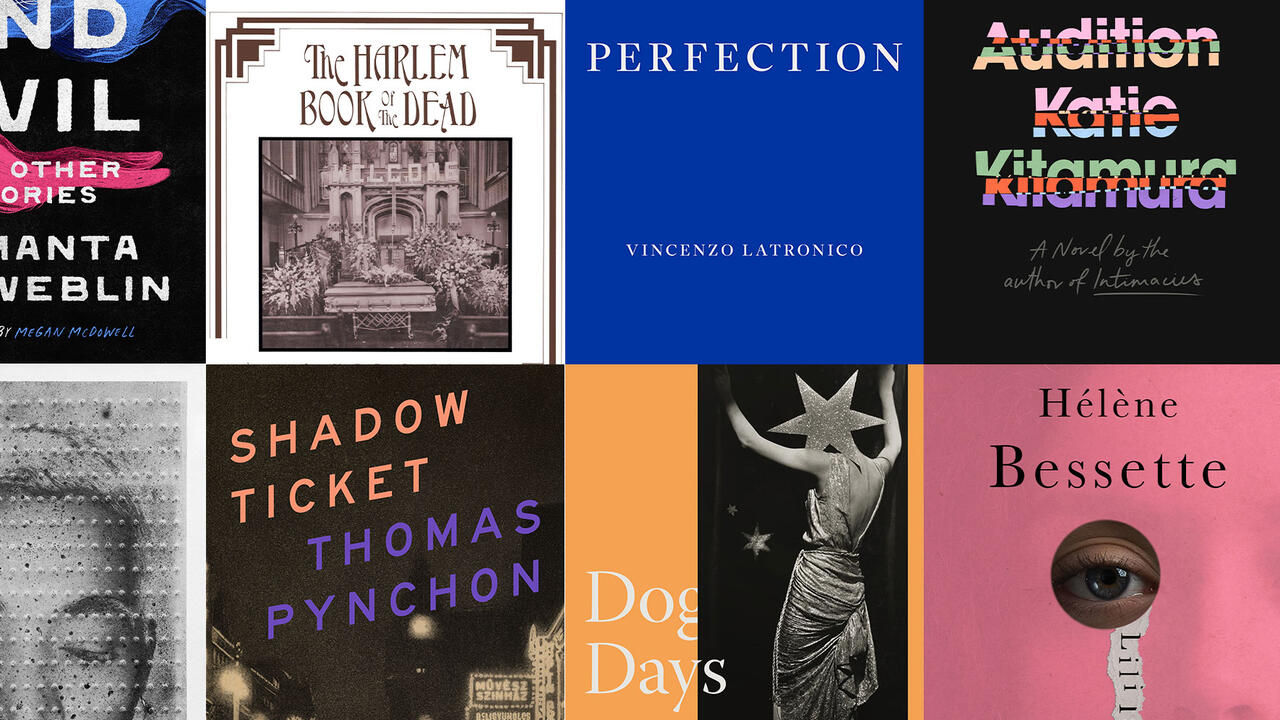Pamela Rosenkranz: Screen
Choose a single object of special significance from your working or living environment
Choose a single object of special significance from your working or living environment

Something I have in front of me every day is my computer screen, the Retina display of my Apple MacBook Pro. Blue light corresponds to the morning sun that stimulates vitamin D production and wakes us up. The reddish light of evening, on the other hand, is important for the production of melatonin – a hormone that makes us sleepy. I have an app that gradually filters the blue light out of the screen towards evening until it glows a dark shade of red, stopping the screen’s blue light from counteracting nightfall and destroying my circadian rhythm. Since I started using the app, I get tired earlier, go to bed earlier, and get up earlier in the morning.
It is strange that the point from which we see others’ expressions is itself so expressive. Unlike other organs, the eye appears so vulnerable, complex and beautiful that religious opponents of the theory of evolution have considered it proof of divine creation. Even Charles Darwin admits in On the Origin of Species (1859) that it seems absurd to think of the eye as having been shaped by evolution. Today we know that our eyes can be traced back to the very first vertebrates, fish-like creatures 420 million years ago whose visual experience must have consisted more or less exclusively of blue light.
If we spend too long looking at our screens, the whites of our eyes turn red as the blood vessels in the conjunctiva dilate to increase oxygen flow. There are ‘blue’ eye drops that make them white again. Clean, white eyes look young and unstressed.
The surface of the eye must be kept wet. Tear fluid consisting of oil, water and mucins cleans and moistens the eyes. Feelings of both sadness and happiness can trigger a flood of tears. The chemical composition of tears caused by emotion is said to be different from that of ordinary everyday tear fluid. Emotional tears contain more protein-based hormones, including prolactin that triggers parental instincts, and it seems that the pheromones contained in tears inhibits libido and has a calming effect.
If we only see each other via our screens, then the scent of tears is no longer any use. Over time, our eyes will probably become even more red. Or as Lindsay Lohan recently tweeted: ‘I wish I could cry blood. It would be so much more effective.’
Translated by Nicholas Grindell













